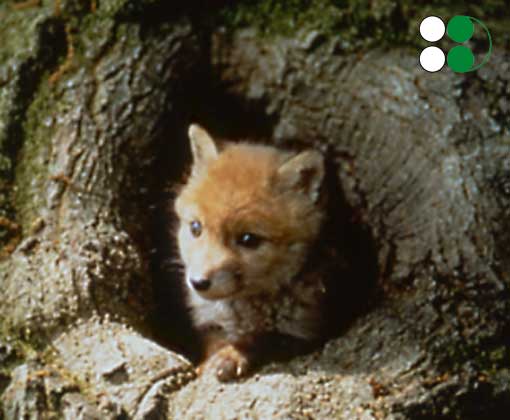PRODUCTIONS: LIFE IS A GAME
(Serie: Animal Files)
DIRECTOR
PRODUCER
DURATION
VERSIONS
FORMAT
Carlo & Lodovico Prola
Ditta Prola
26'

SD

One of the activities humans share with many animals is the playing of games.
Ethologists have shown that many animals have a strong disposition to curiosity and play. They search out and explore new situations, following an inner instinct, finding any opportunity to play - either by themselves or with others.
Movements and activities carried out during playtime may seem exaggerated and amplified compared to corresponding “serious” behaviours: that’s because they are fully executed, with more energy outlay, more speed and frequency, as if to make them more noticeable.
Compared to other behaviour, playing doesn’t display any apparent immediate benefit to the individual. Differently from hunting or courting, for example, playing uses up a lot of energy for no immediate purpose, but just for its own purpose. Playing is fun in itself, and in fact one of the most important features of playtime is the gratification derived without any particular goal.
Playing requires a lot of energy and can make animals vulnerable: playing may appear like an error in evolutionary terms. However, its widespread presence across species and its frequency lead us to believe that it may offer considerable biological advantages, and that strong selective forces may have determined the establishment of this behaviour.


